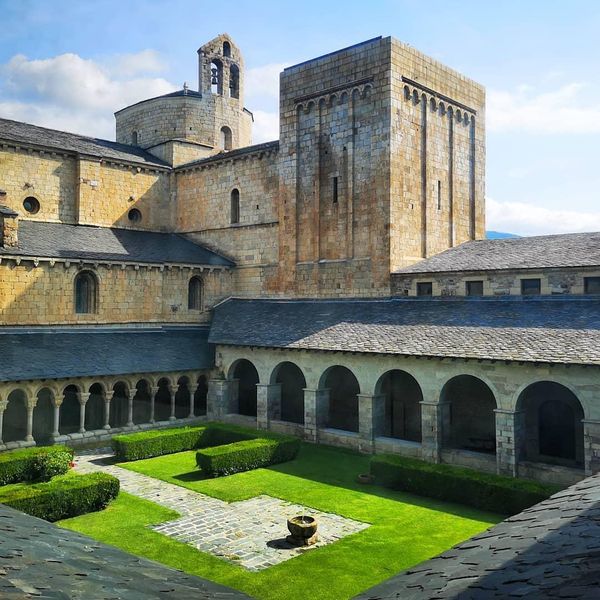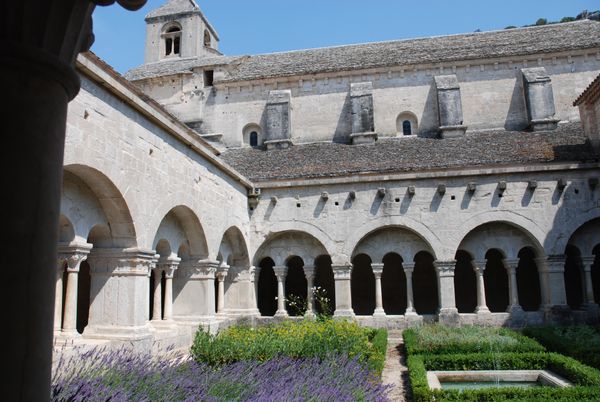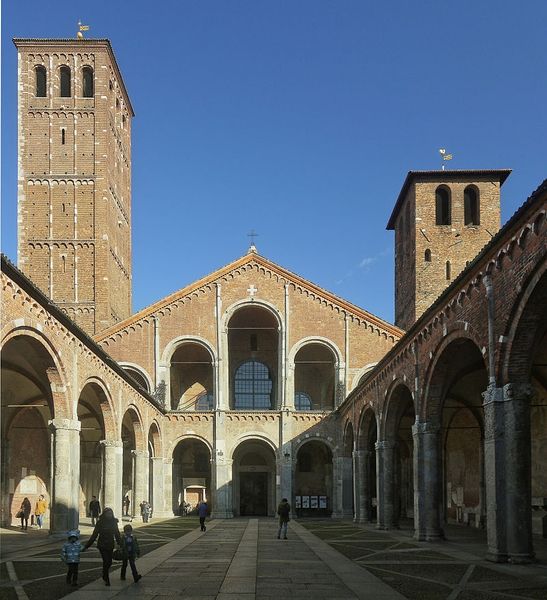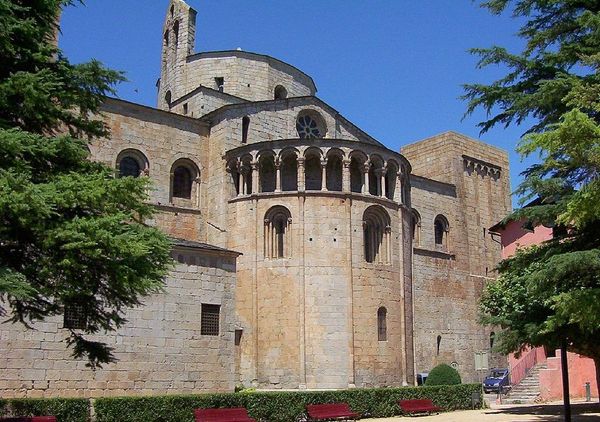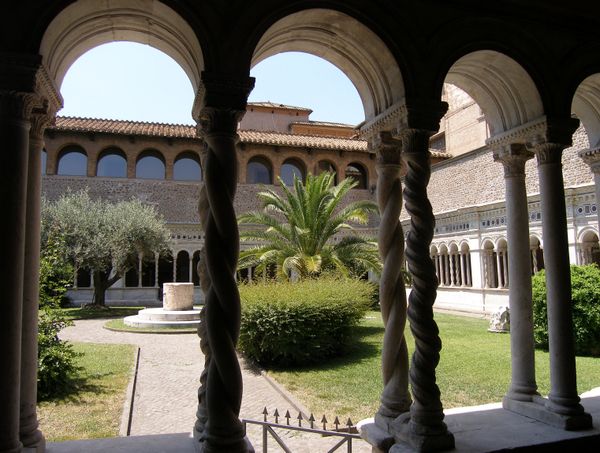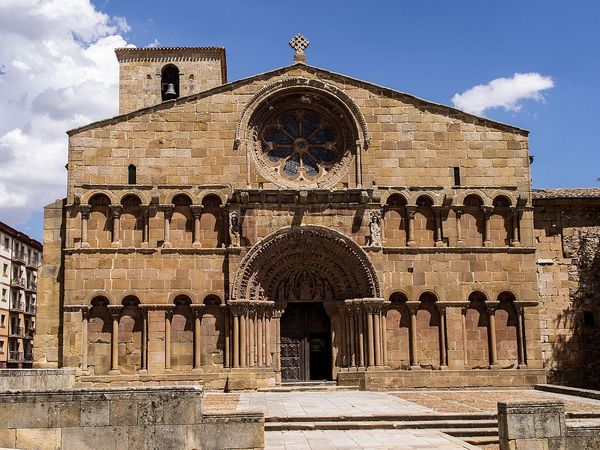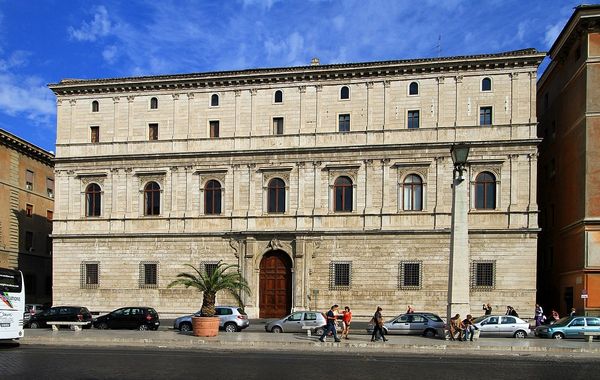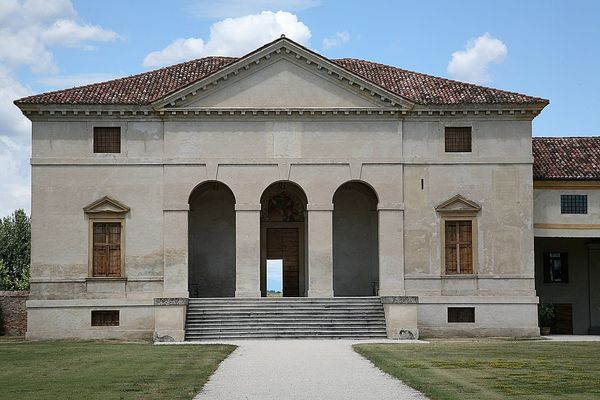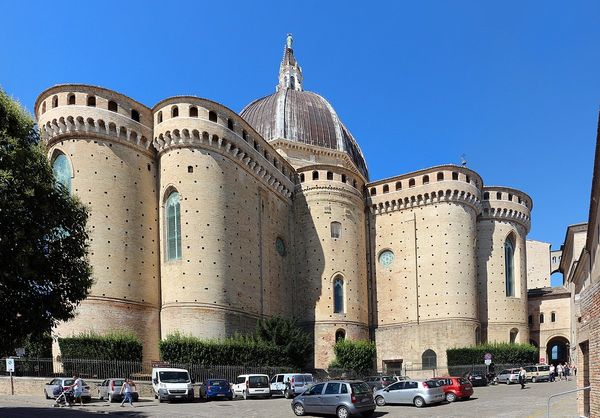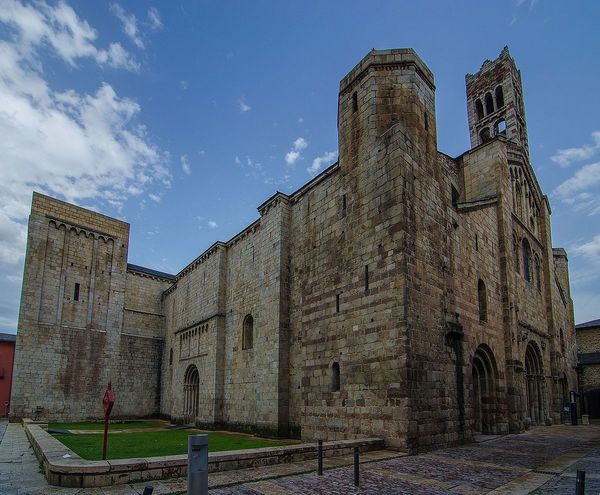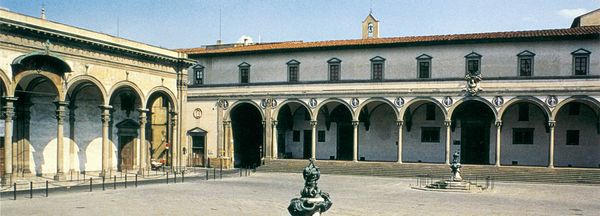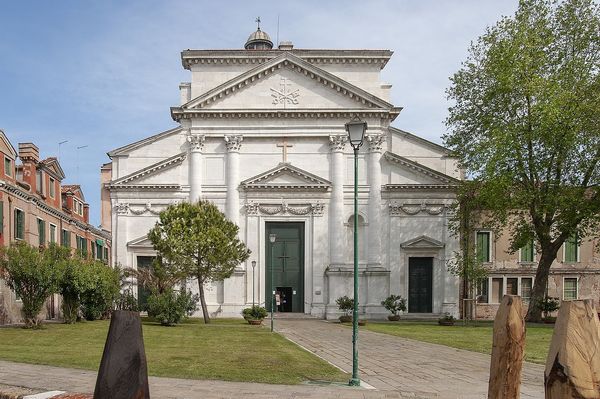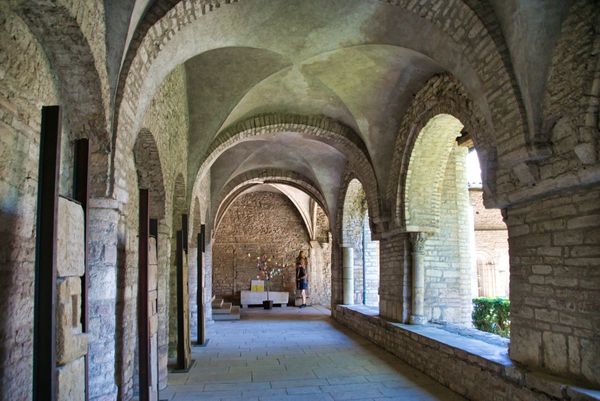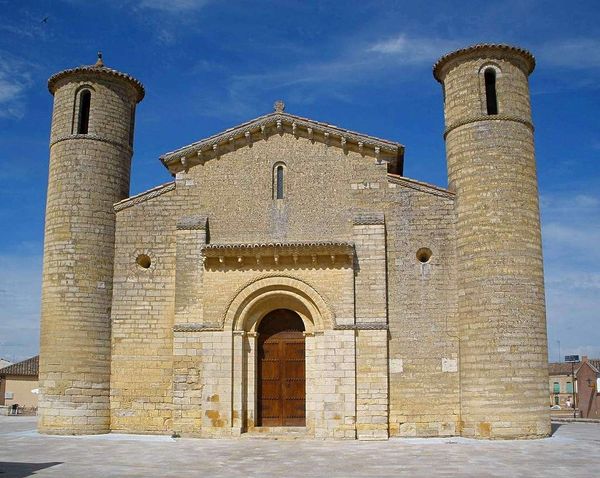
public-art, architecture
#
public art
#
medieval
#
public-art
#
11_renaissance
#
arch
#
italian-renaissance
#
architecture
#
building
Copyright: Public domain
The Pazzi Chapel in Santa Croce, Florence, was designed by Filippo Brunelleschi, and built of sandstone and marble. The chapel is a marvel of geometric proportion, but let’s consider the stone itself. In the early Renaissance, the revival of classical architecture meant a reconsideration of building materials. Forget the rough-hewn look of medieval cathedrals, this was an aesthetic of smooth surfaces and precise carving. This was made possible by advances in quarrying, allowing for larger, more consistent blocks. And it was labor intensive. From the quarrymen who extracted the stone, to the masons who dressed it, to the craftsmen who installed it, the chapel represents a vast amount of skilled work. The building is also a testament to the wealth of the Pazzi family, who commissioned it. They were bankers, second only to the Medici in Florence. So, when you look at the chapel, don’t just see a beautiful building. See the labor, the wealth, and the materials that made it possible. Understanding these things helps us understand the full meaning of this architectural masterpiece.
Comments
No comments
Be the first to comment and join the conversation on the ultimate creative platform.
